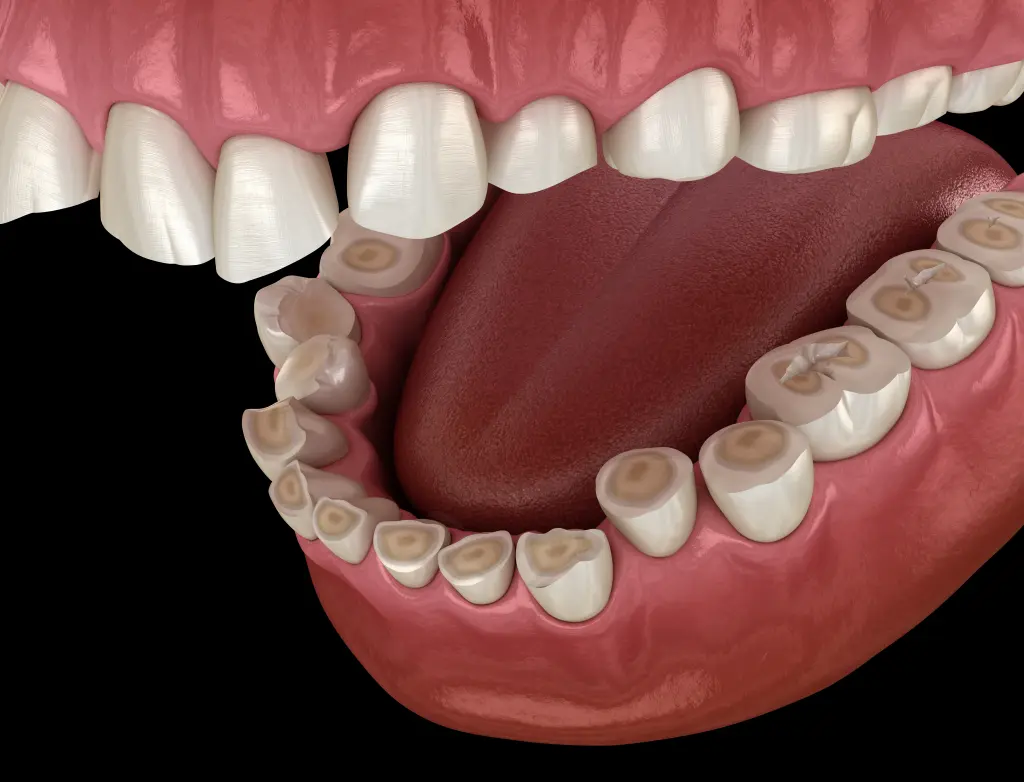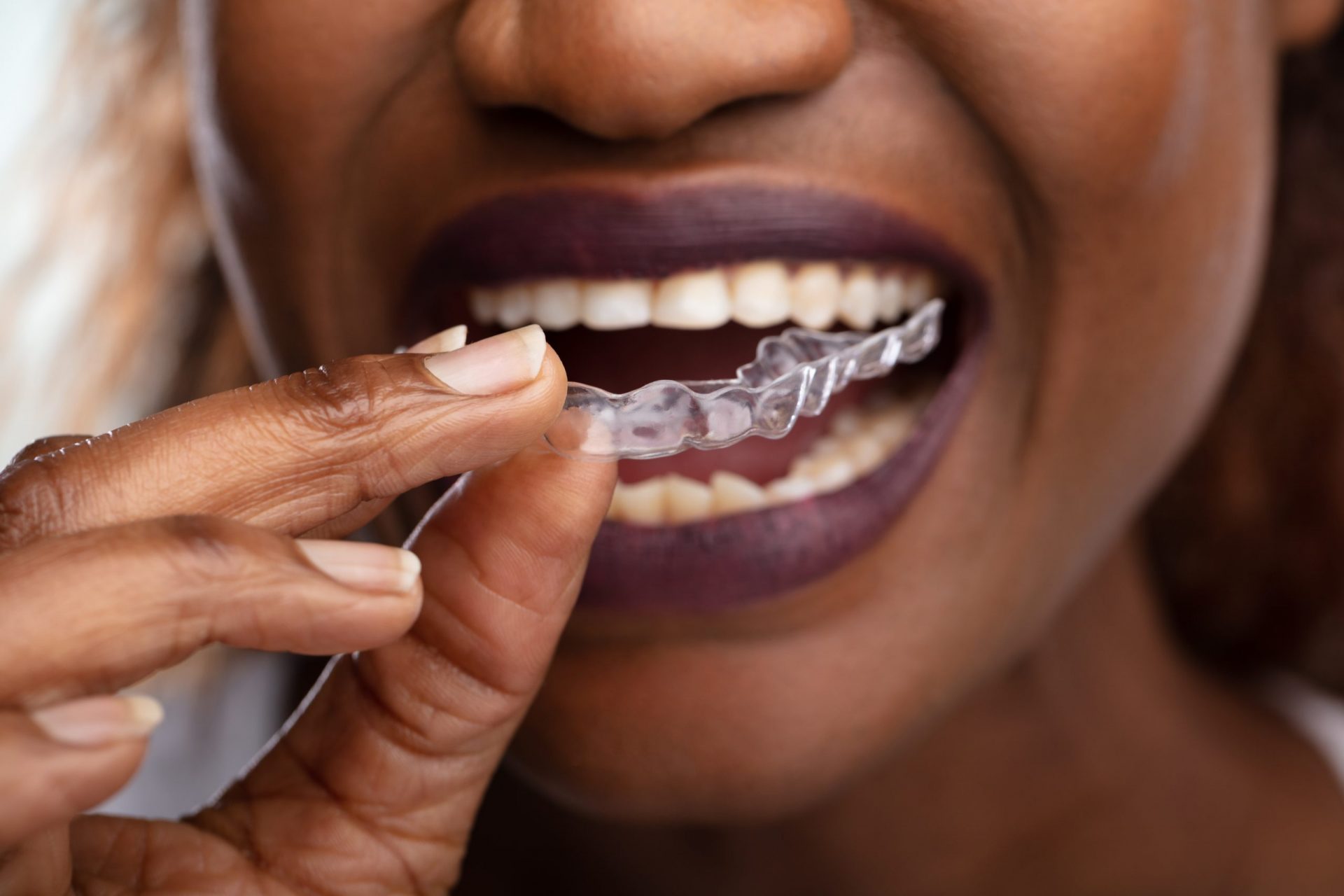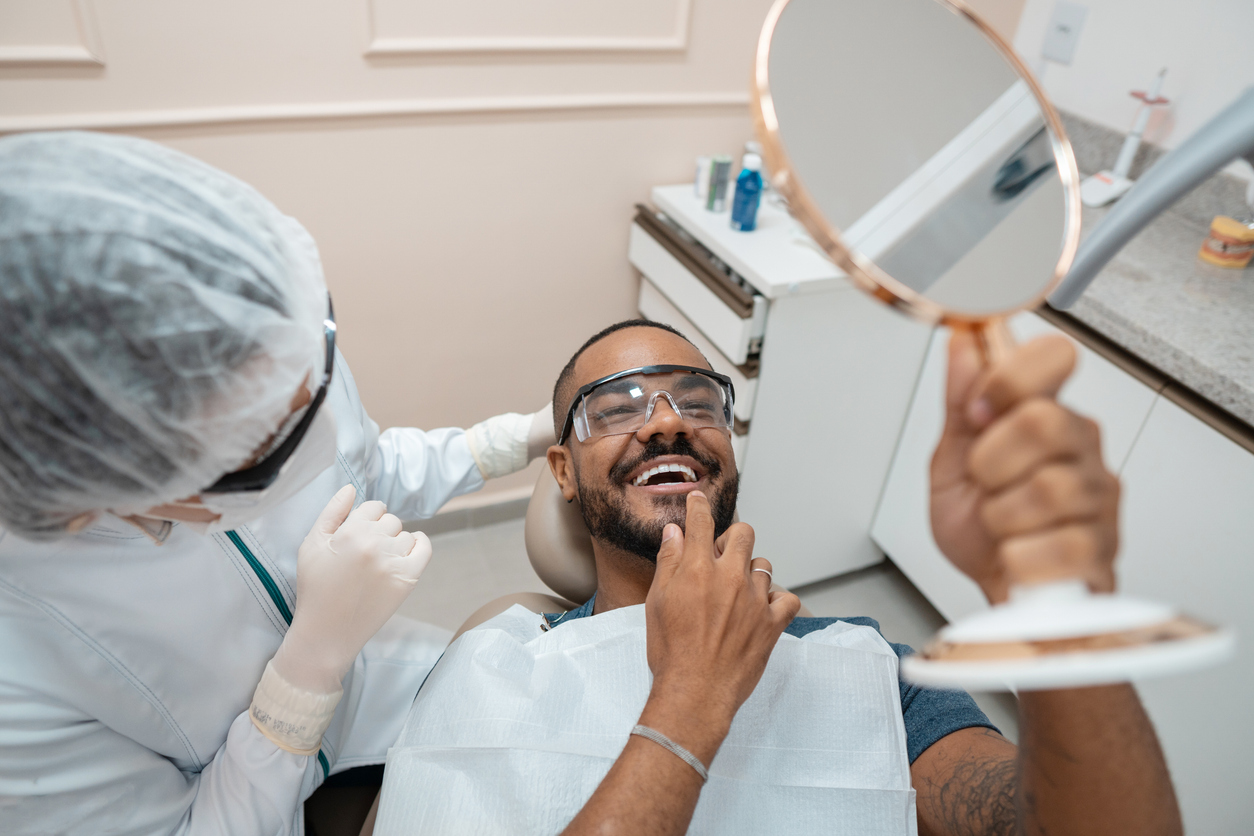Practicing good oral health is an important factor when it comes to your overall health. It not only helps you look your best with a winning smile, but good dental care helps you maintain good health in general.
Poor dental hygiene leads to a lot of health problems. Oral health issues contribute to impairments with eating and speaking properly. They also cause pain and bad breath. Bacteria that start in your mouth will also contribute to heart disease, diabetes, and other health problems.
One oral health issue that people often overlook is bruxism. Learning about bruxism, the symptoms, and the treatments will help you on your journey of good oral hygiene.
What is Bruxism?
Bruxism is when a patient grinds, clenches, or gnashes their teeth regularly. There are two kinds of conditions. Awake bruxism happens when the patient is awake but sometimes can happen without the patient realizing what they are doing. This can present as clenching teeth while awake.
Sleep bruxism happens while the patient is asleep. Clenching or grinding during sleeping hours is the most common manifestation of this condition. Sleep bruxism is categorized as a sleep-related movement disorder. Because of its link to other sleeping issues like snoring or sleep apnea, it is important to get treatment for this condition.
There are varying degrees of seriousness of this condition. A mild case may not happen very often and only for short periods of time. Treatment may not be needed in this case. If the condition is severe, you should seek bruxism treatment before it leads to other problems like headaches, damaged teeth, jaw disorders, or periodontal disease.
Symptoms of Bruxism
If you have chronic bruxism, it may not be hard for you to notice the signs and symptoms. But taking a few minutes to get familiar with the symptoms so you can notice them sooner rather than later can save your teeth.
One symptom of bruxism is grinding or clenching your teeth. This can be loud enough to wake up your partner or disturb your own sleep. Your teeth may be fractured, chipped, loose, or flattened if it is severe. You can also wear down your enamel, and you can sometimes see the deeper layers of your tooth exposed.

Bruxism can also cause an increase in tooth sensitivity and pain. You can experience a locked jaw that cannot open or close completely, along with tired and tight jaw muscles from being overworked. Other areas of your face, neck, and jaw may also be sore or painful.
Pain can be present, but it may seem like an earache at first. If you feel like you have an earache, but there are no issues with your ear, it could be from teeth grinding. This can also manifest as a headache that starts in your temples.
Bruxism can lead to disruptions in sleep that can leave you feeling tired and worn out most of the time with no other causes. Damage on the inside of your cheek from chewing your skin is also an indicator of teeth grinding.
Causes of Bruxism
The causes of bruxism are not entirely clear. They may be a combination of several different factors from physical, psychological, or genetic input. Teeth grinding or clenching while you are awake may be a symptom of stress, anger, frustration, tension, or anxiety. It may also be a habit formed during periods of deep concentration on a specific task.
Sleep bruxism can be caused by the same thing. It may also be influenced by brain stimulation during dreaming and sleep.
Risk Factors Associated with Bruxism
You may be at risk of bruxism if you fall into more or one of the risk factor categories. One category is high levels of stress. If you work in a field with high levels of stress or have anxiety, then you could experience teeth grinding or clenching at higher rates than someone who does not. Personality types that are more inclined towards aggressiveness, being competitive or hyperactivity, can also develop teeth grinding and clenching.
Bruxism is seen more often in children than adults. You may notice that your child grinds their teeth. While you should monitor it and talk to your doctor, don’t be surprised if this goes away by adulthood.
Bruxism can be a side effect of some medications, like antidepressants. While it is not very common, it can happen. Using recreational drugs or other stimulants like tobacco, alcohol, or caffeine can also impact your risk of developing the condition.
Bruxism Treatment
Bruxism treatment can come in many different forms depending on the severity and underlying causes. It is best to talk to our dental team in order to know what the best course of action for you will be.
Mouth Guard
In some cases, splints or mouth guards may be needed to physically restrain the teeth from touching. They work like a retainer that you can put in your mouth, especially if your problem normally occurs at night. If there has been damage to your teeth, Dr. Trujillo may need to correct the damage to keep your teeth healthy.
Stress Management
Sometimes you may need to address your stress and anxiety levels in order to correct the teeth grinding. Relaxation techniques like meditation or breathing exercises when you notice it starts to happen can reduce the issue. You can also ask Dr. Trujillo about practicing different mouth and jaw positions that make it harder to grind your teeth.
Talk to Your Doctor About Medications
Medications are not typically used to treat bruxism, but in some cases, they could be helpful. Talking to our dental team about the best course of action is necessary. Muscle relaxants right before bedtime for a short period of time can help lessen the occurrence of teeth grinding during sleep. Botox injections can also help people with severe cases of grinding, clenching or gnashing if other treatments do not work.
If your bruxism is a side effect of another issue, then that will need to be addressed. Medications can be altered and treating sleep apnea can also help with teeth grinding at night. Treating issues like gastroesophageal reflux disease can also lessen the occurrence of bruxism.
Contact Us for Bruxism Treatment
If you feel you are regularly grinding, clenching, or gnashing your teeth at night or even during the day, schedule an appointment with Dr. Trujillo. Let us help you get the treatment you need. Contact us today.








